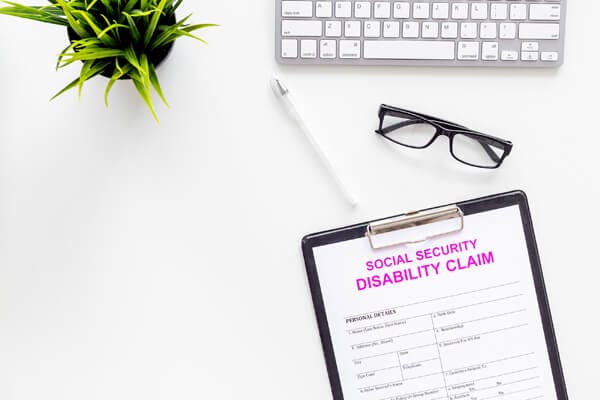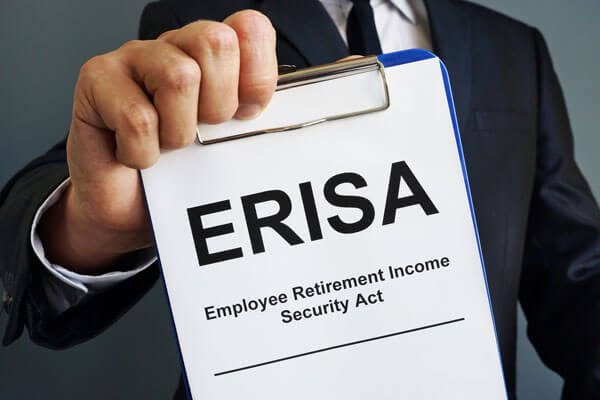U.S. Supreme Court Hears Social Security Disability Case

On December 4th, the U.S. Supreme Court will hear the case Biestek v. Berryhill, which asks the court to decide whether an administrative law judge hearing a Social Security disability appeal may rely on the testimony of a vocational expert who refuses to provide the data underlying his or her opinion. This case has massive implications on the determination of eligibility for Social Security disability claimants and will signal how seriously the court takes the appeals of eligibility for benefits.
Social Security disability benefits provide support to around ten million people in the United States and around seven million people, with some cases overlapping, receive Supplemental Security Income from the federal government, as well. When an application for Social Security benefits is denied and appealed, an administrative law judge hears the case and renders a verdict on whether disability benefits should be provided to the claimant. Often, a vocational expert is called in to provide expert testimony on whether the claimant fulfills the requirements for benefits. However, the rules and regulations governing vocational experts have largely been ignored until this case.
The determination of whether a claimant meets the standards for Social Security disability benefits is a multistep process, and one question is whether the claimant can return to past relevant work. If not, the question asked then becomes whether the claimant can perform any job of gainful employment. If the answer is no to both questions, the claimant is eligible for disability benefits. Typically, the Social Security Administration uses a grid of medical-vocational guidelines to determine the answers to these questions for exertional and non-exertional activities, but in cases where the grid cannot determine eligibility a vocational expert is called in to render an opinion on the case.
Vocational experts can be professional employees of an employment service or a local labor economist. The qualifications and requirements of a vocational expert vary widely, and their testimony often determines the outcome of the case. Vocational experts often testify by phone, where they are given a series of hypothetical questions relating to the claimant’s disability to determine whether a job exists that the claimant could perform despite their limited function. Vocational expert testimony is almost always conclusory, and little publication exists on how to impeach or challenge an expert’s testimony in these cases.
The decision in Biestek v. Berryhill could finally require the Social Security Administration to establish clear standards for the qualifications and expertise of vocational experts called to testify in Social Security disability benefit hearings. This has the potential to improve the quality of the opinions rendered and improve the overall determination of disability benefit claims.
Talk to a Lawyer Now
If you wish to file a claim for Social Security disability benefits or appeal a denial of benefits, our office is here to help. Call or contact The Vaughn Law Firm in Decatur to speak with an experienced attorney today and learn more about your legal options for your disability claims case.




